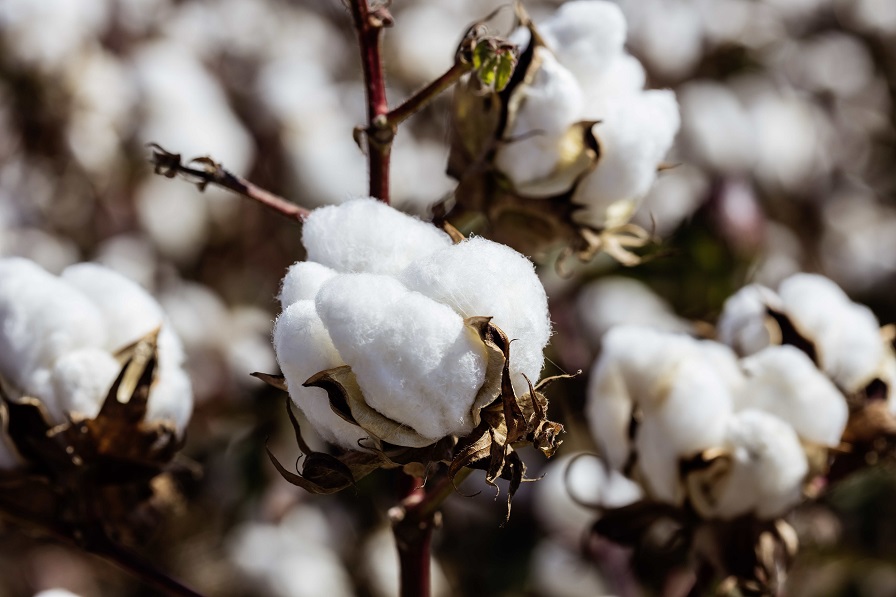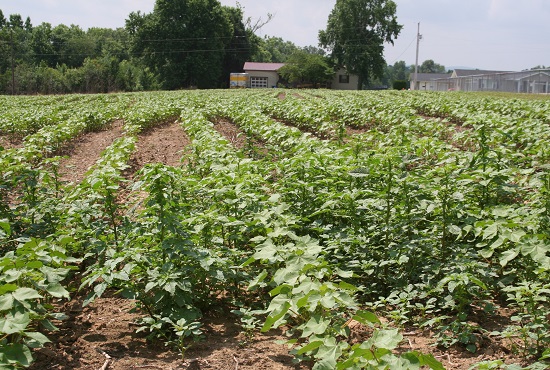The Spinwell Report: Indonesian Market Still Gloomy
The fasting season is right around the corner, which also means that the long annual Ramadhan holiday is just a month away. As usual, all businesses – especially textiles – will start to slow down.
The Indonesian market has not yet recovered the vibrancy it once had. Cotton and cotton-related products continue to lose ground against man-made fibers, particularly polyester, which is readily available locally, with at least one-month credit given to spinners. Perhaps that is because it’s somewhat cheaper, the demand for polyester and polyester-rich fabric remains high in both domestic and export markets. Many top spinners in Bandung and Central Java have switched about 70% of their current consumption to polyester and 10% to rayon, leaving cotton with only a miserable 20% share.
A price war between yarn sellers is clearly evident in the market, as everyone is trying to get a little piece of what little market remains. These price wars are a clear indicator it’s a buyer’s market. Spinning mills have decided several times to jointly raise their yarn prices to a more acceptable level. Unfortunately, these commitments didn’t last long because buyers simply sat on the sidelines and waited for one of the mills to break and sell the yarns for a price below the agreed-upon level.
The reason is simple enough: Spinners do not have enough capital to hold that much yarn unsold in their warehouse, while LC opening obligations for raw material purchases matured. Spinners are simply trying to survive.
As proof, prices of the highly commoditized Ne. 20 Carded (100% cotton) yarn plummeted to as little as $470 per bale on July 5. Even at such low prices, knitters or weavers only bought small quantities.
Mirroring cotton yarn, the demand for cotton fiber is also weak. There have been a few scattered inquiries but they are mostly for cotton that can be delivered promptly or is already being stored at warehouses in a Malaysian port. Many spinners are unwilling to take on the risk of waiting as long as six weeks to take delivery from a distant origin.
The global slowdown of demand for cotton fiber has also triggered a price war between merchants. For the last month, much lower offering prices from several international merchants have surfaced. For example, on July 6, one merchant was offering Brazilian Middling 1-1/8 G-5 Min 28 GPT at 83 cents/lb. A couple of other merchant were offering the same cotton for 77 cents/lb – a difference of a staggering 600 pts.
Unfortunately, even with such large discounts, purchasing remains subdued.
Beyond the gloomy market we are currently facing, we have heard that many spinning mills in Indonesia are venturing into other possibilities to allow their business to survive in the future. For example, there are many eager investors in China who want to expand into the Indonesian textile industry. We’ve heard an unconfirmed rumor that one large deal has already been made, and the joint Sino-Indonesian venture will be starting sometime soon in Central Java. Unfortunately, this joint venture is rumored to be focusing on polyester and rayon yarn production. Hopefully, the investments will continue and expand into cotton production, too.
After traveling to visit several of our customers, we’ve learned that while many have been devastated by current market conditions, none has lost faith in the business. They predict there will be an increase in demand after the long holiday season ends in September 2012.








